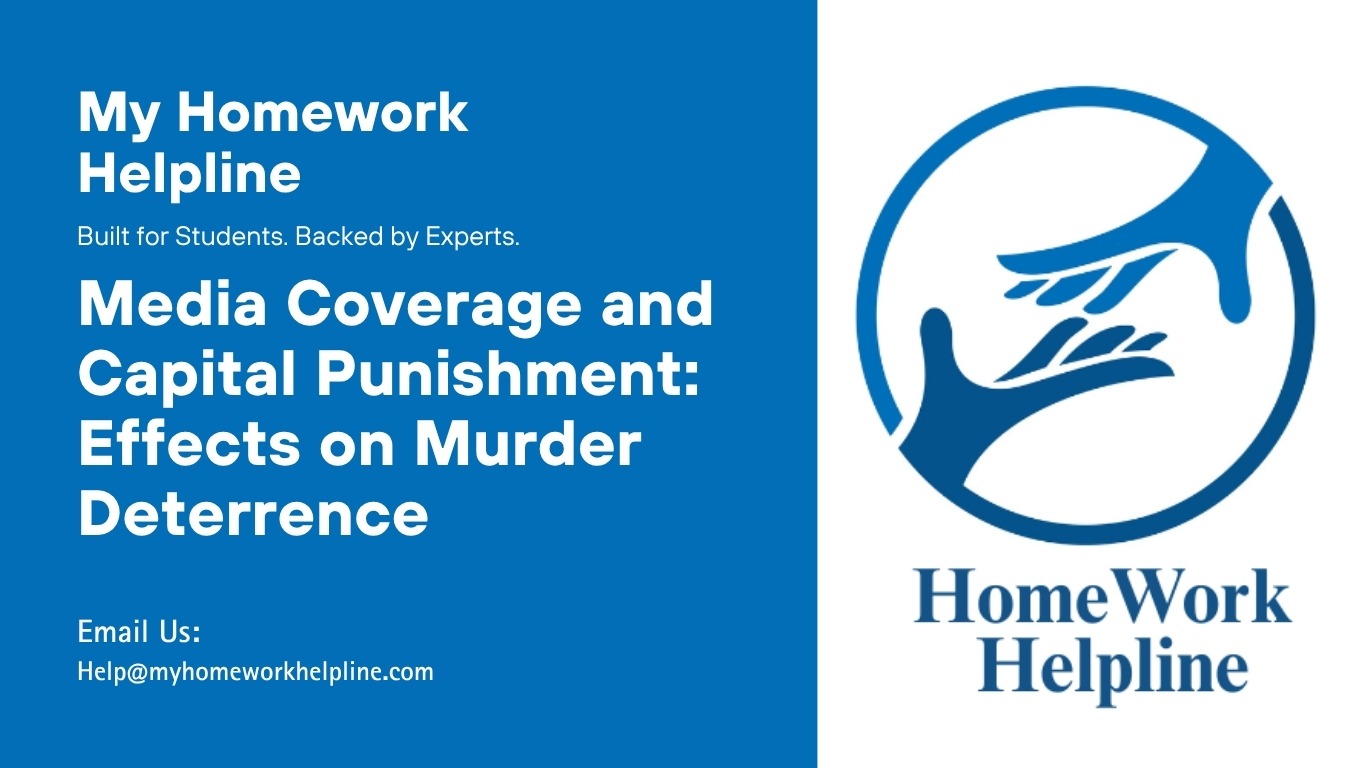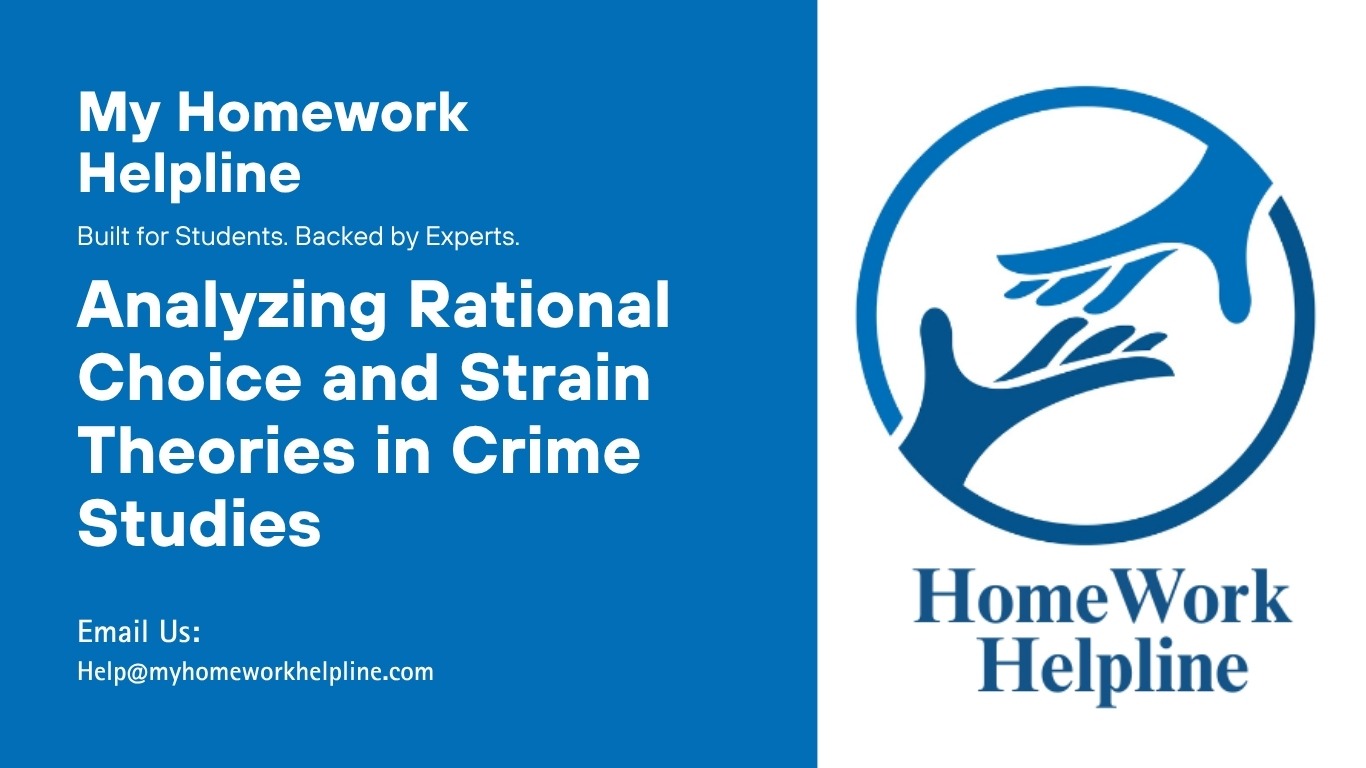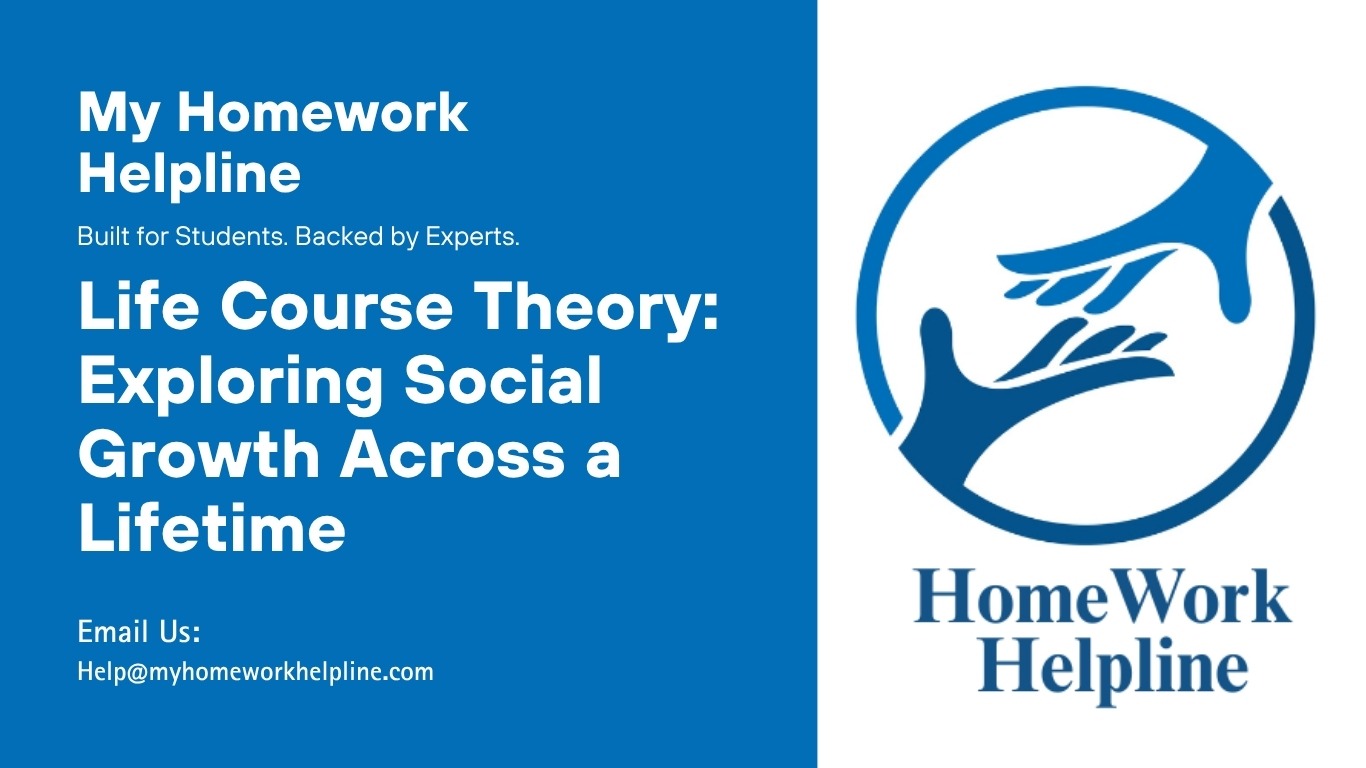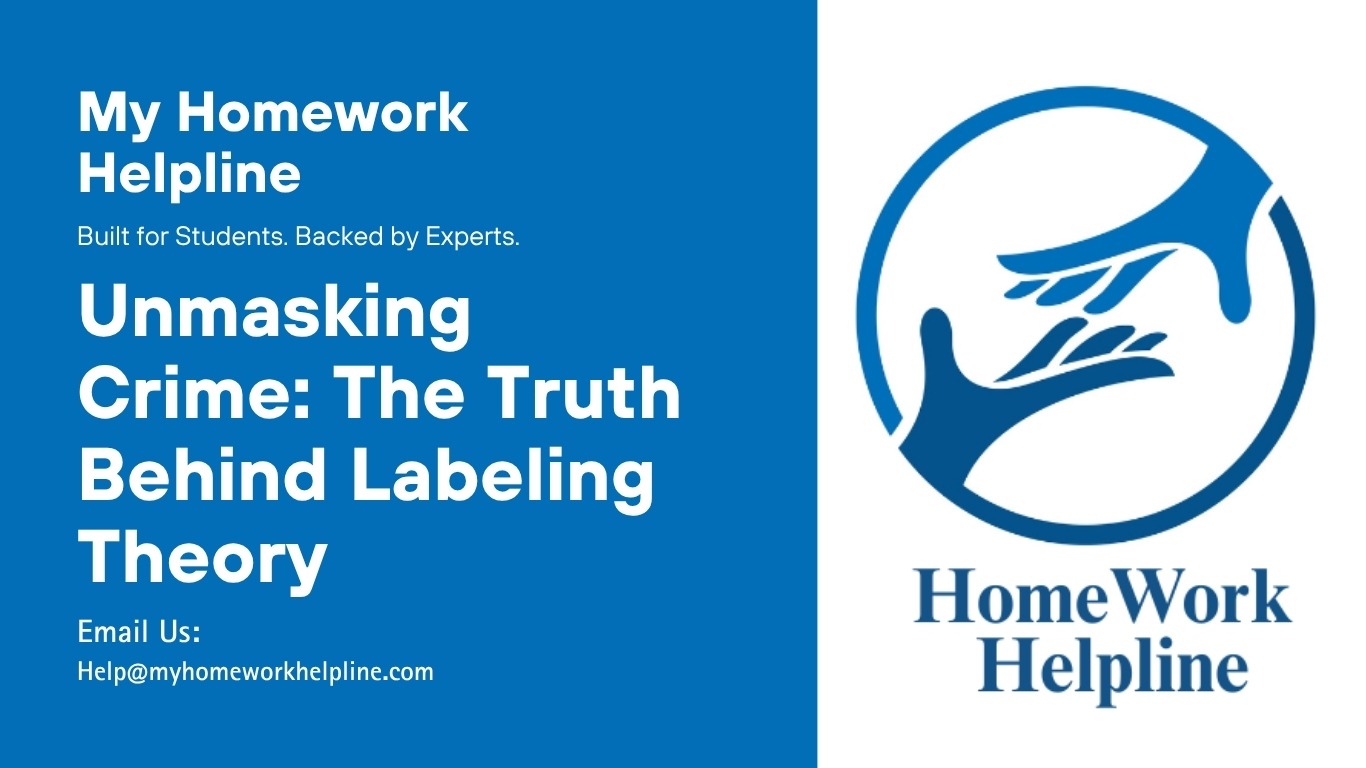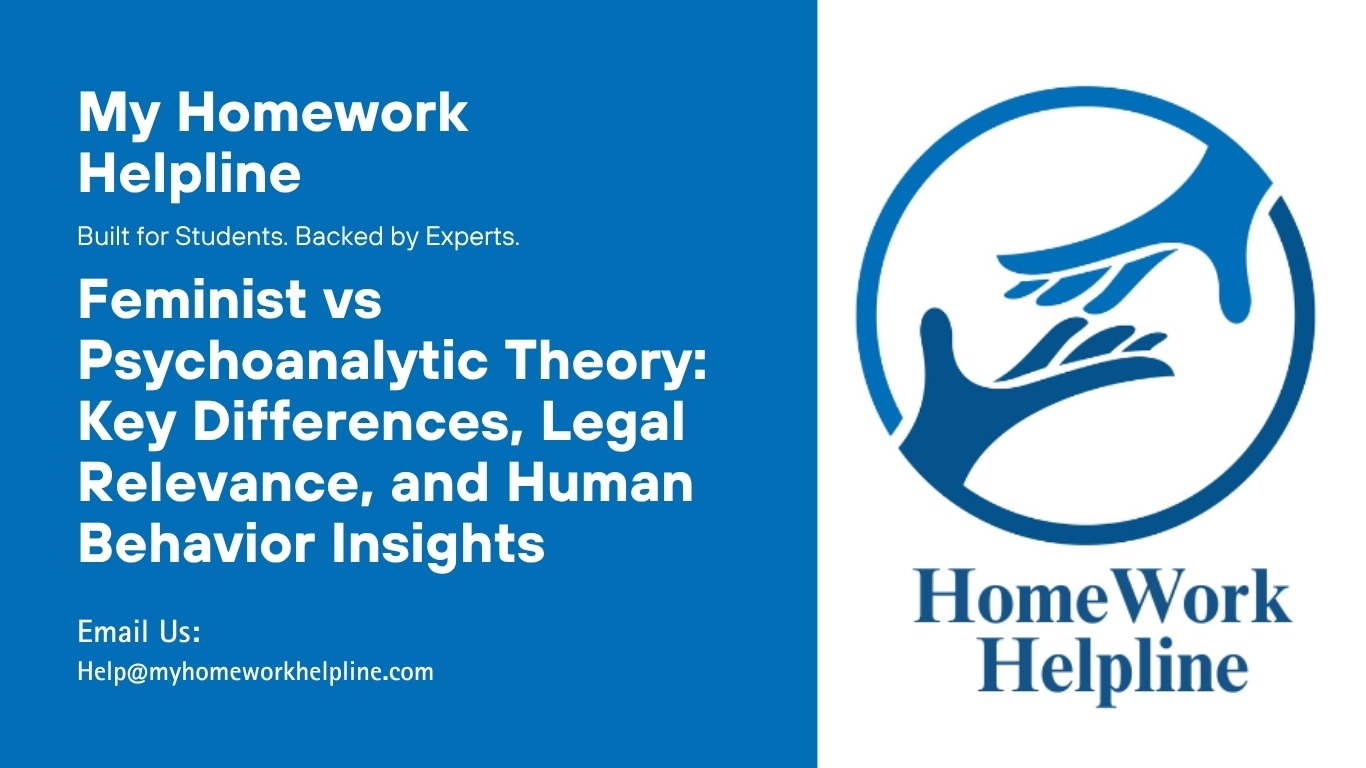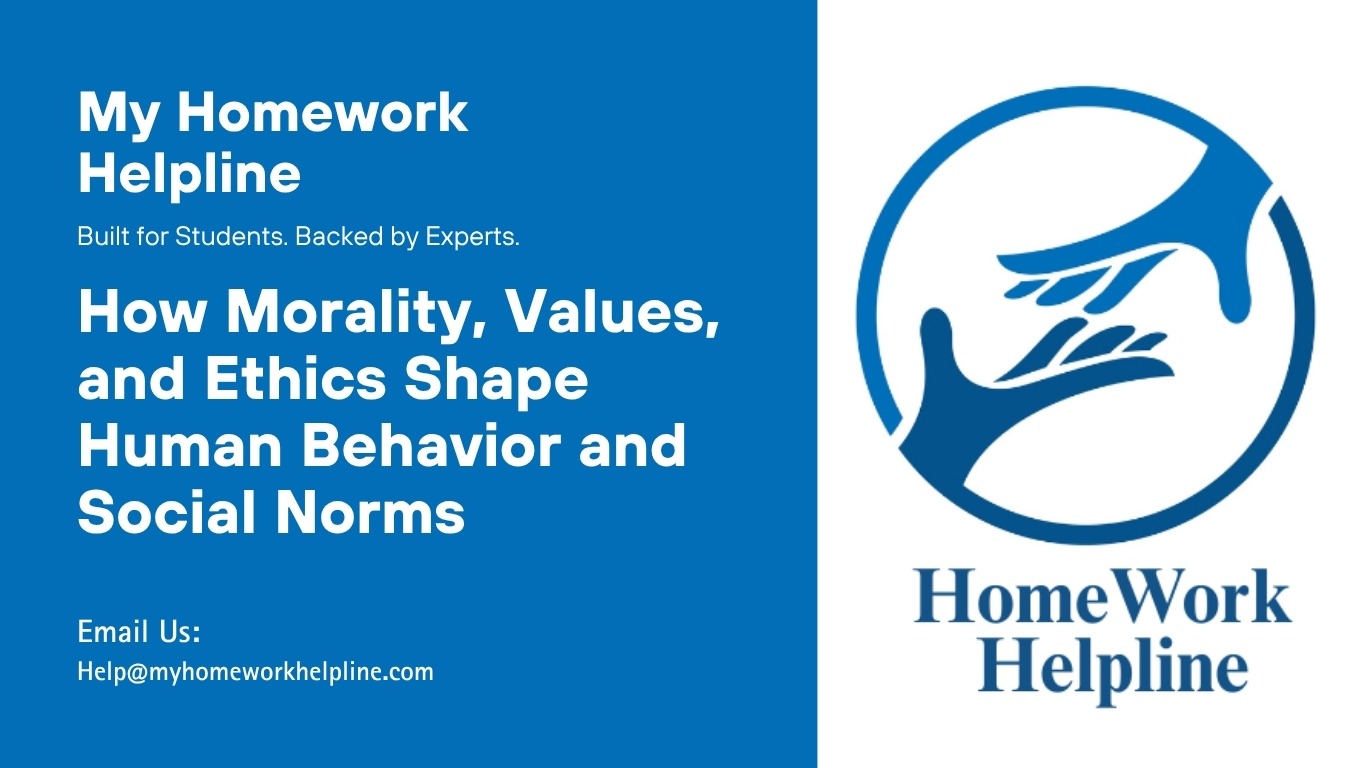The Debate on Criminalizing Online Harassment and Legalizing Sex Work
Criminal law is important for a country to keep its citizens safe. A behavior to be criminalized is online harassment which takes different forms such as cyberbullying, online impersonation, sextortion, and hate speech. While some of these actions may be considered crimes under federal and state laws, there are no specific laws that address specific […]


